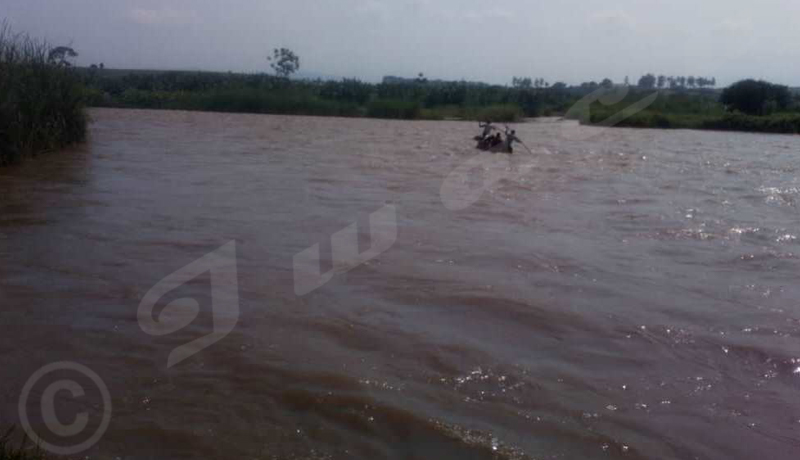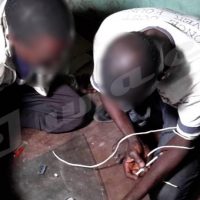Commercial activities between Rugombo commune in Cibitoke province and Luvungi city in the DRC were suspended over a week. Traders from both localities plead for their resumption.

A river separating Rugombo commune and the DRC
All trade activities have been suspended on Rubenga border between Rugombo commune and Luvungi city in Uvira province of South Kivu in the DRC. According to local sources, the administrative officials from Rugombo commune have decided to suspend the trans-border trade towards Luvungi city. Both Burundians and Congolese traders stand against this measure which hampers their activities. They say they ignore how they will live if the decision isn’t canceled. Burundian women who sell tomatoes in Luvungi city return to their localities with other products to sell in Burundi. This situation is similar to the Congolese traders exporting potatoes to Rugombo commune. They say since this measure has been imposed, they have lost a lot of revenues.
Joseph Mbabaro Ombeni Kimbumbu, MP from South Kivu says social, economic and security relations between both countries have never been bad for a long time. He says the administrative officials from both countries would work in synergy in case of insecurity. The MP, however, says this measure destabilizes the economic relations between Burundians and Congolese traders. “I was surprised to hear that because it was taken without informing Congolese officials,” says MP Ombeni adding that he expects to meet the administrative officials from Rugombo commune in order to find solutions.
Béatrice Kaderi, administrator of Rugombo commune says the decision has been taken to prevent any starvation that may occur these days in the locality. “Most of the agricultural products were transported to the DRC,” she says adding that it has been taken to ensure food protection.
She calls on local residents to consume and save food products. Mrs. Kaderi also says she will meet the administrative officials of Luvungi city to find solutions.
Written by Jackson Bahati translated by Diane Uwimana
















 IWACU Open Data
IWACU Open Data

